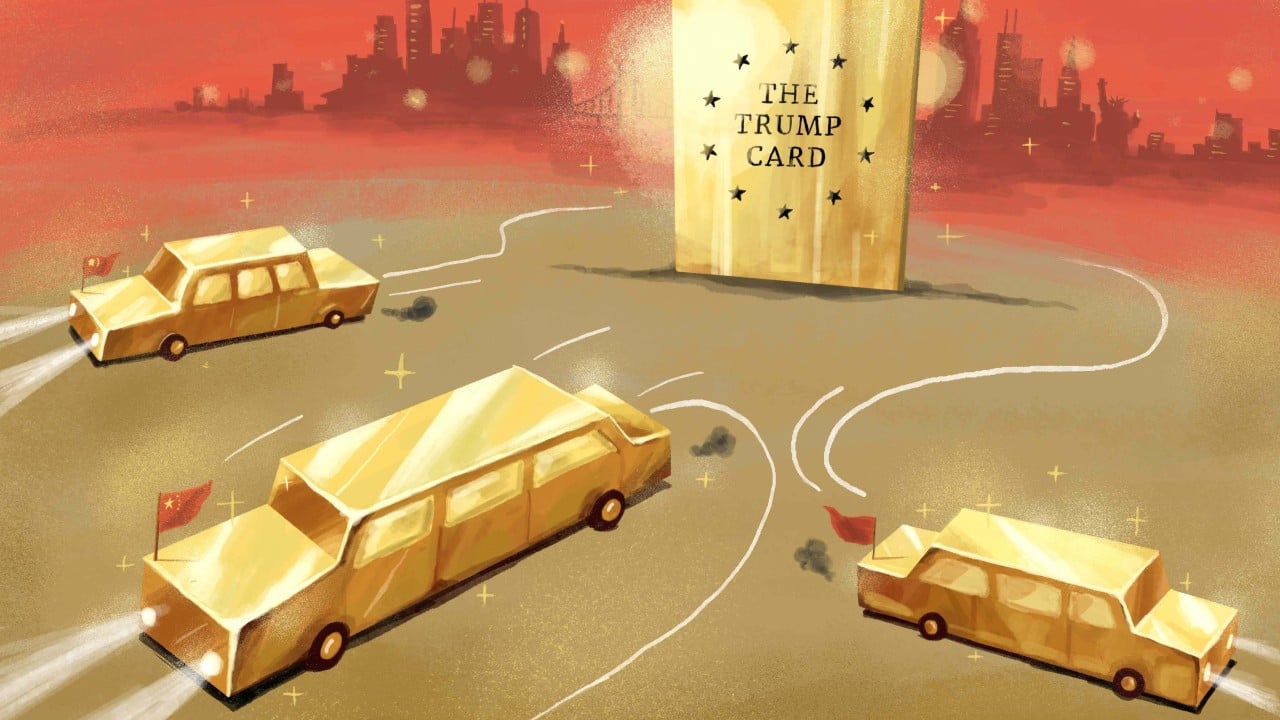When Candice Meng, a real estate developer from Guangzhou in southern China, heard about US President Donald Trump’s proposal for a new “gold card” offering permanent residency to the super-rich, she was initially intrigued.
Advertisement
The requirement to invest at least US$5 million in the United States to qualify for the scheme seemed reasonable: the price tag is actually far higher for similar golden visa programmes in other countries, she pointed out.
“It’s not expensive in terms of cost-effectiveness – it’s at least 100 million yuan (US$13.9 million) for Singapore and over 60 million yuan for New Zealand,” Meng said.
But Meng, who owns hundreds of millions of yuan worth of assets, eventually decided against applying for US residency. With the US-China trade war and relatively high urban crime levels, America just did not feel like a good place to be right now, she said.
Meng is far from alone. Three months after he first floated the idea, Trump’s gold card scheme appears to have fallen flat with China’s wealthy, who were expected to be one of the biggest sources of demand for the controversial new visa.
Advertisement
China has experienced a significant outflow of millionaires in recent years amid an economic slowdown, and wealthy Chinese make up roughly 70 per cent of global applicants for the US’ existing EB-5 visa for foreign investors – the programme that the gold card would replace – according to US government data.
But many in China have deep concerns about the new gold card and whether Trump can deliver on his promises. There is also widespread unease about the situation in America more generally – from crime to a perceived rise in hostility towards Chinese migrants during a period of simmering US-China tensions.

